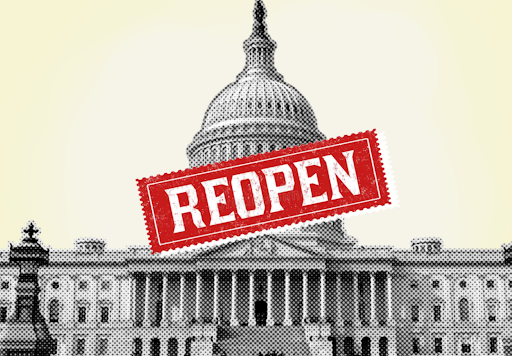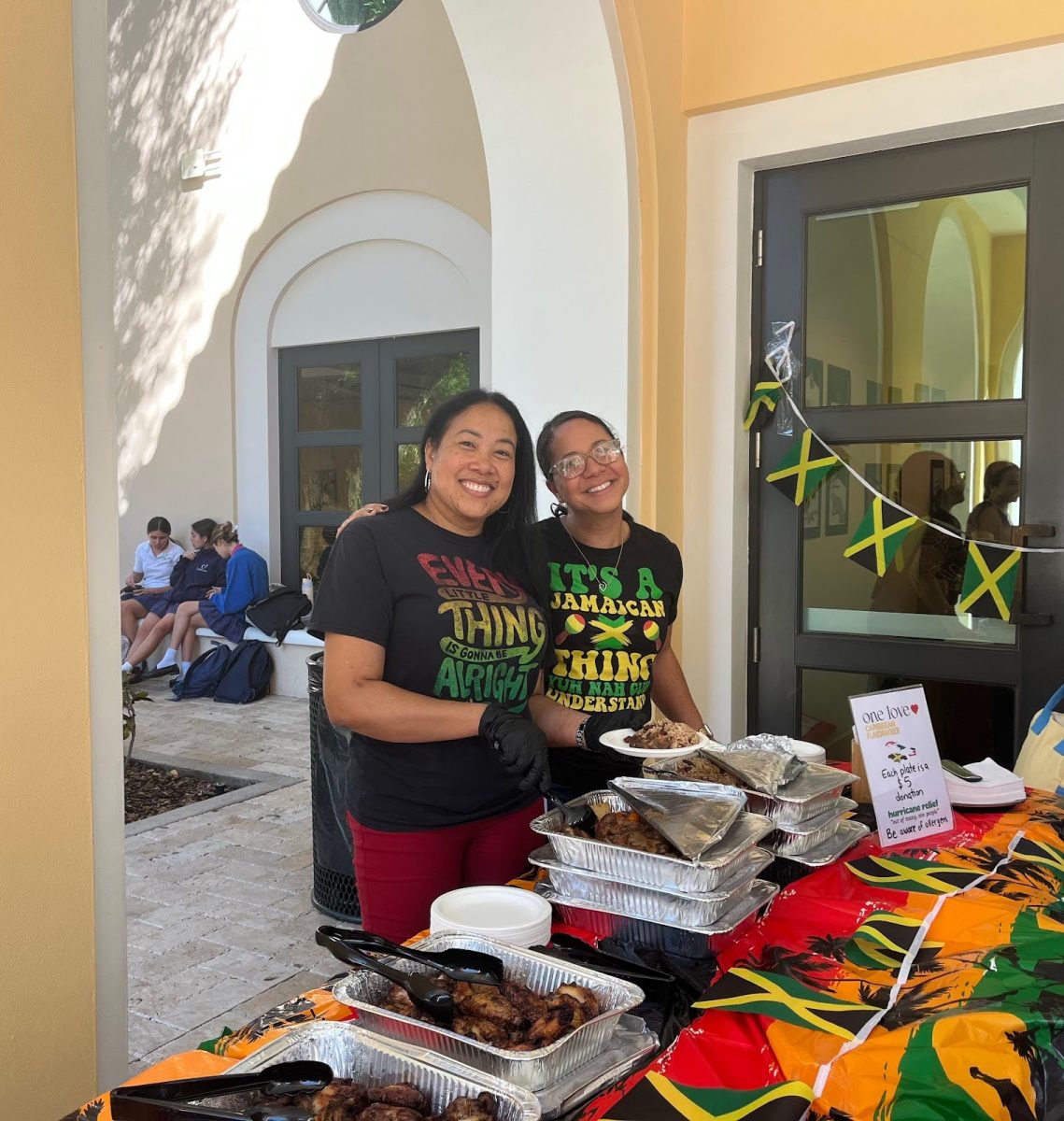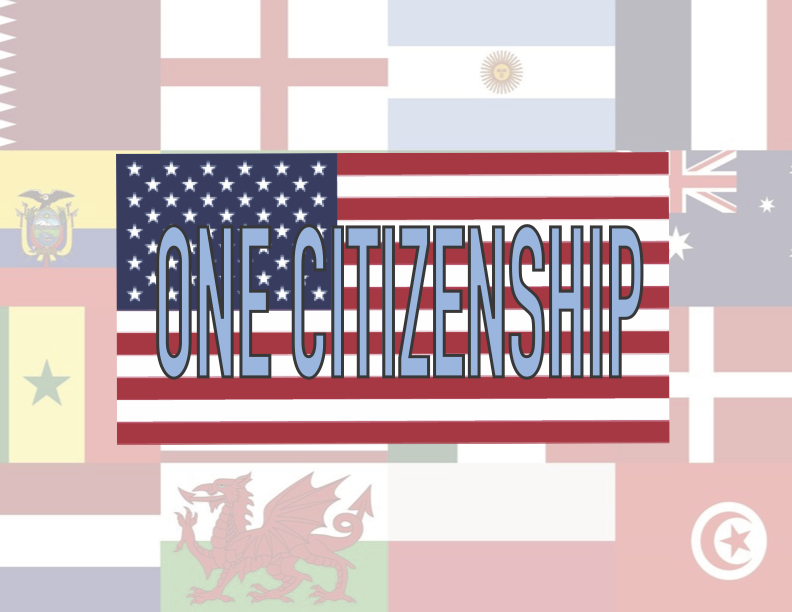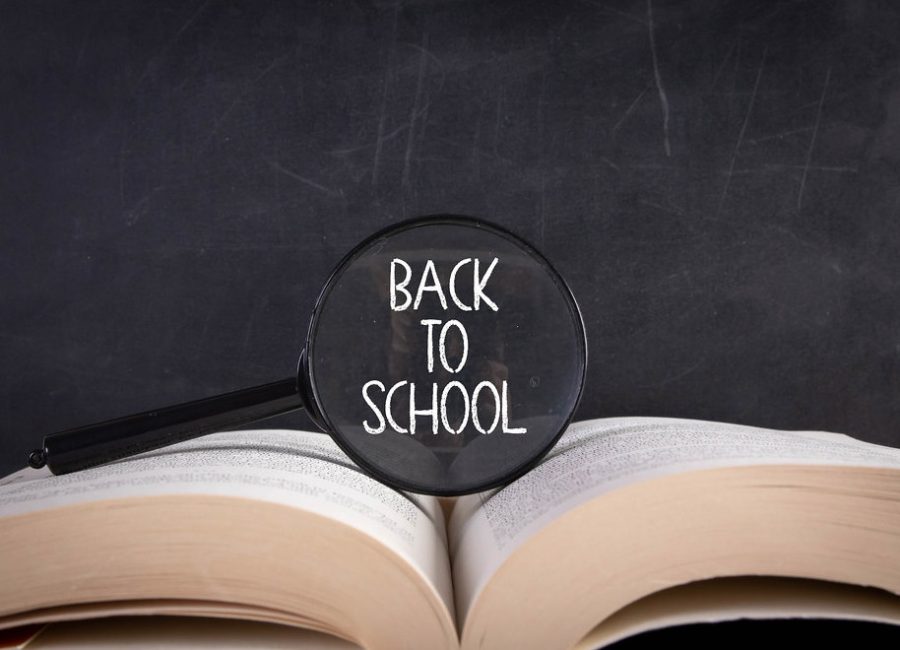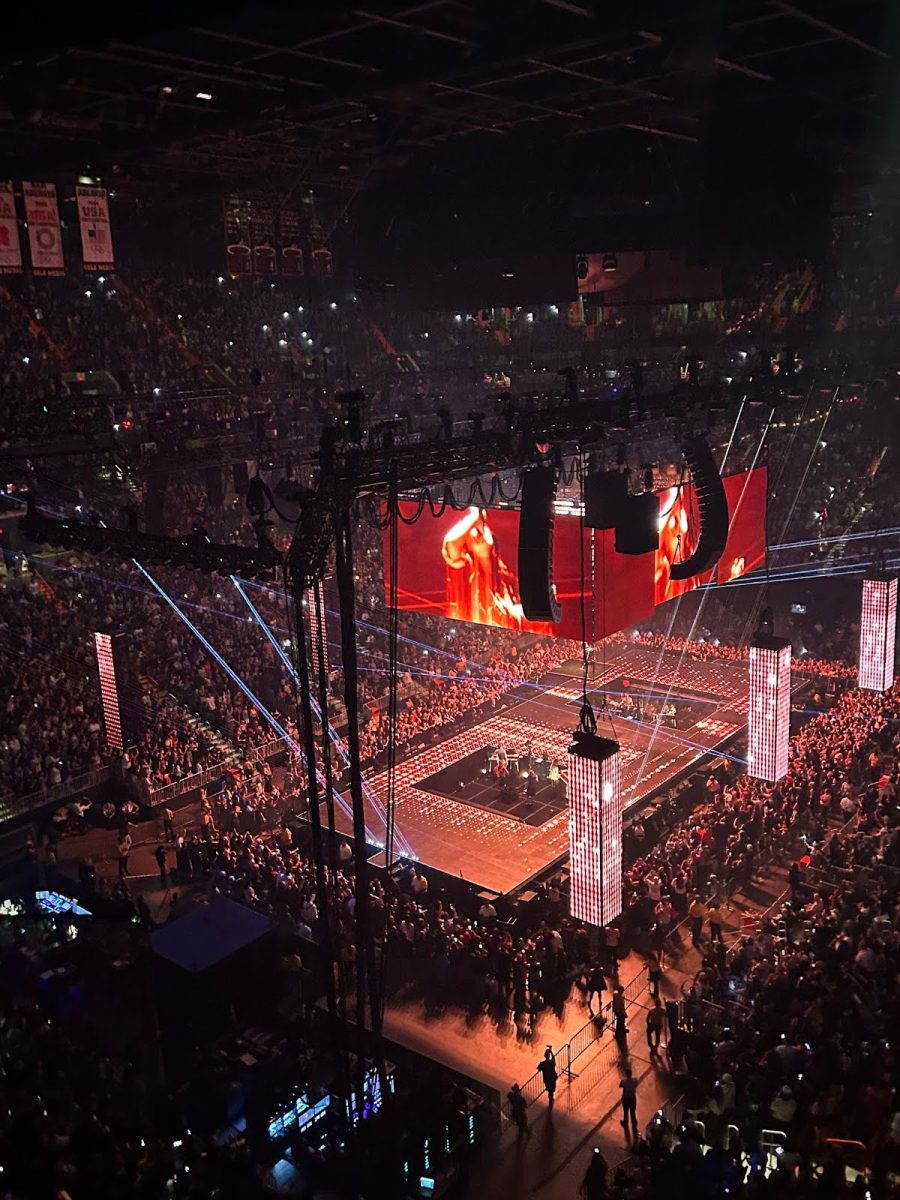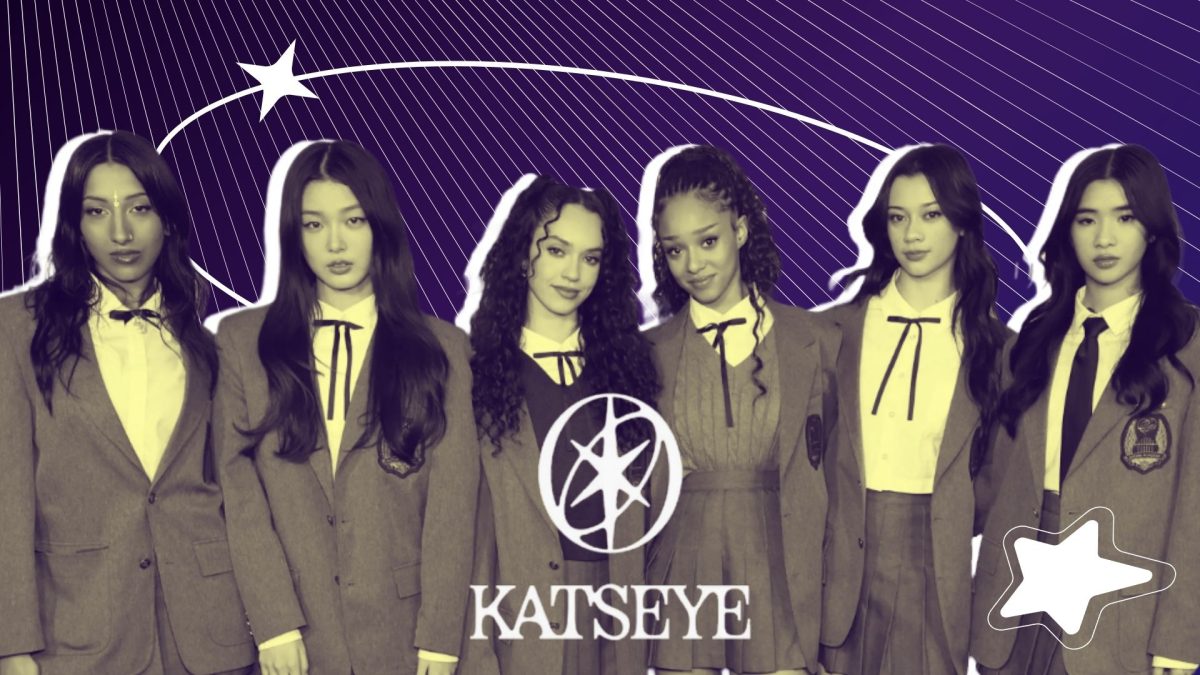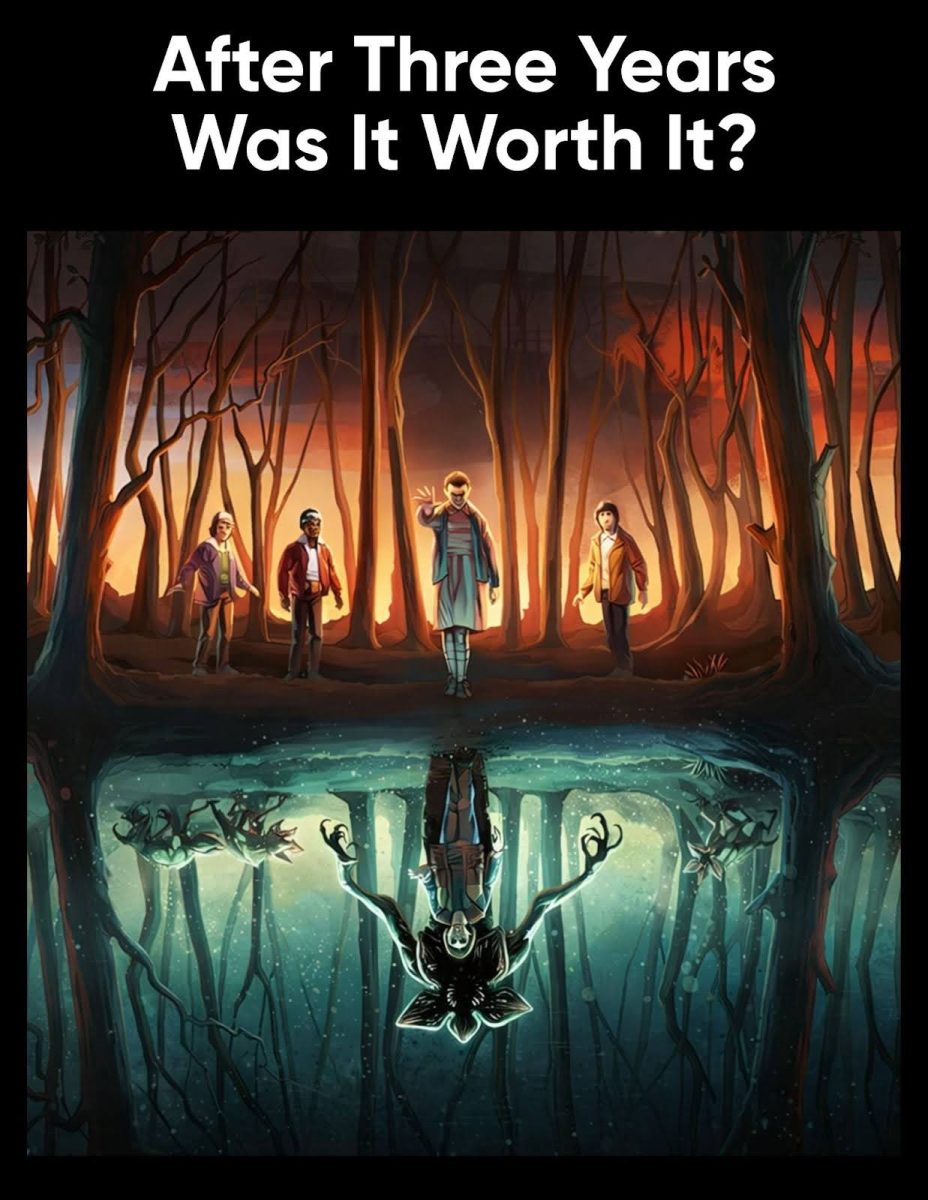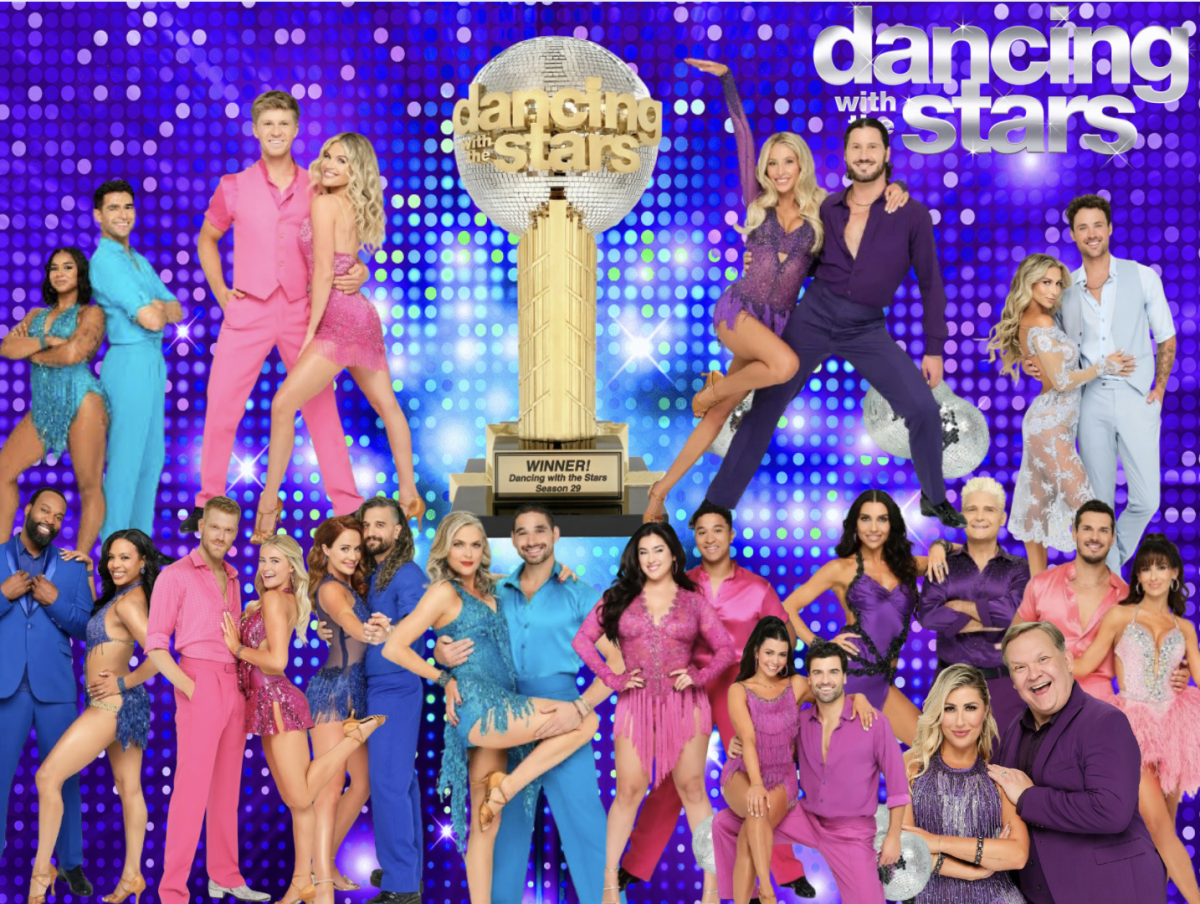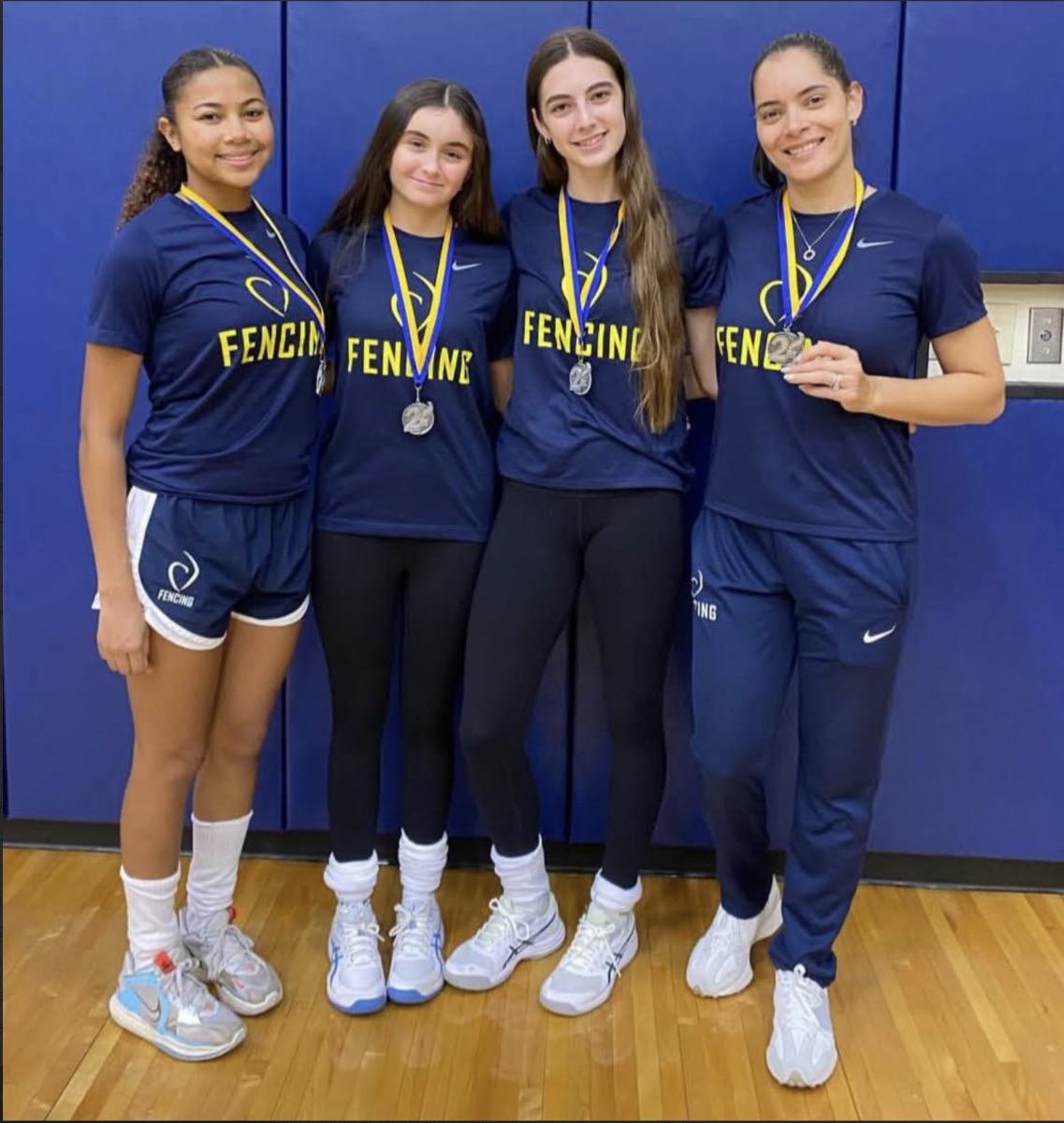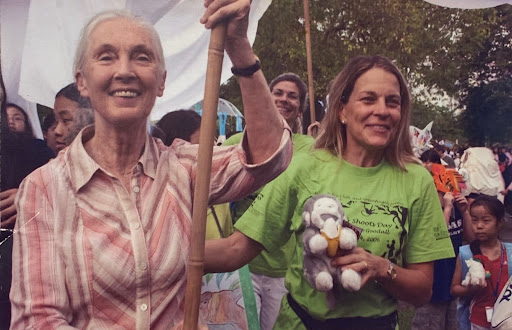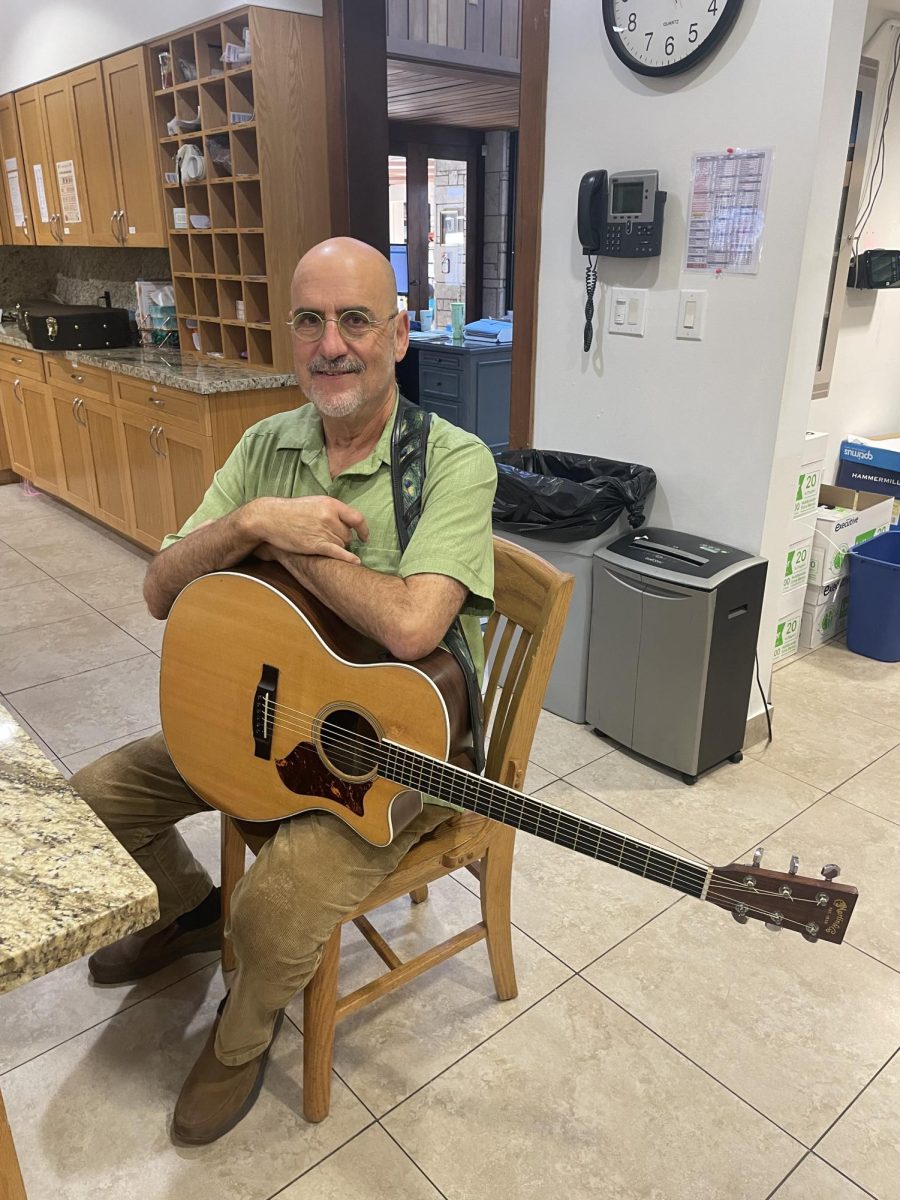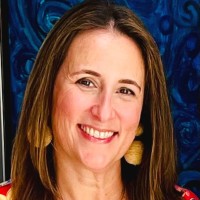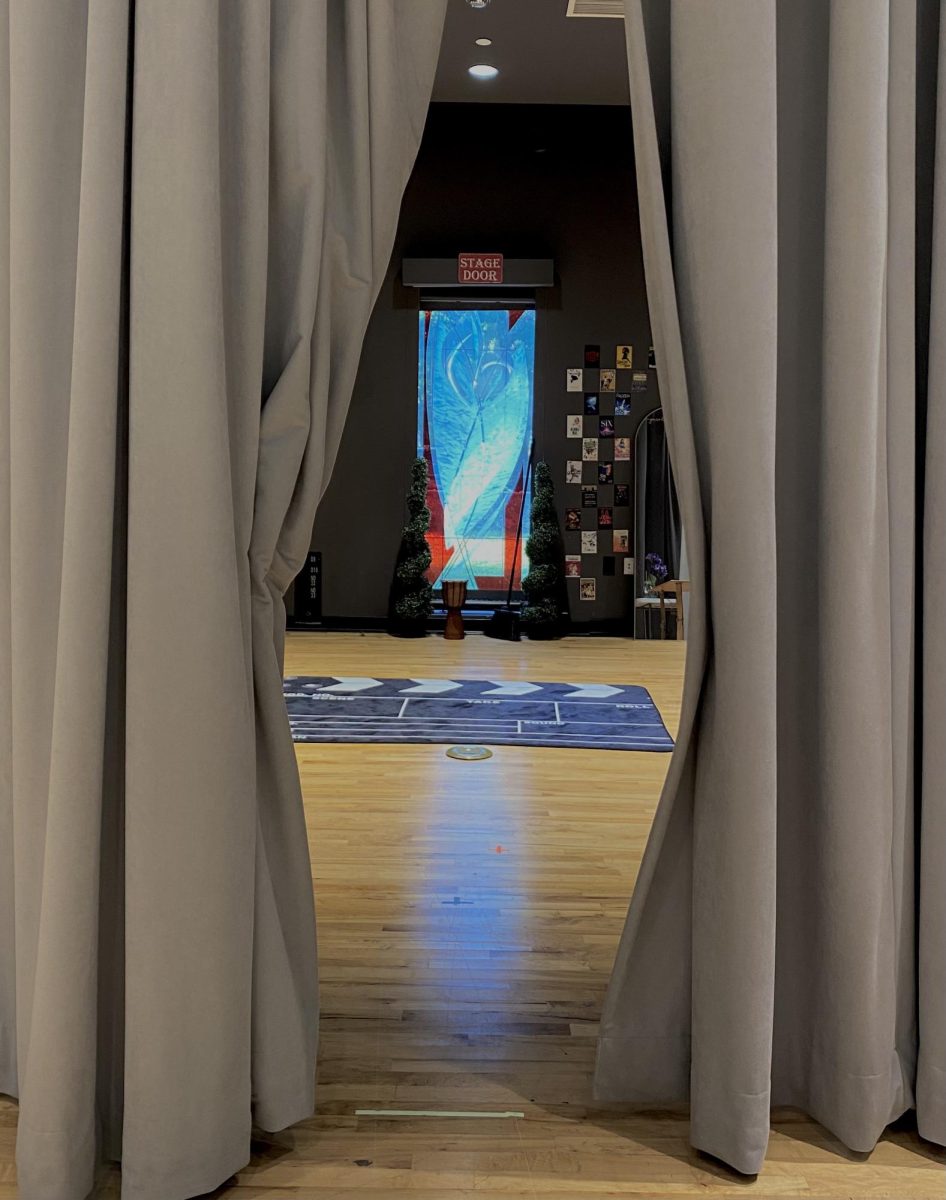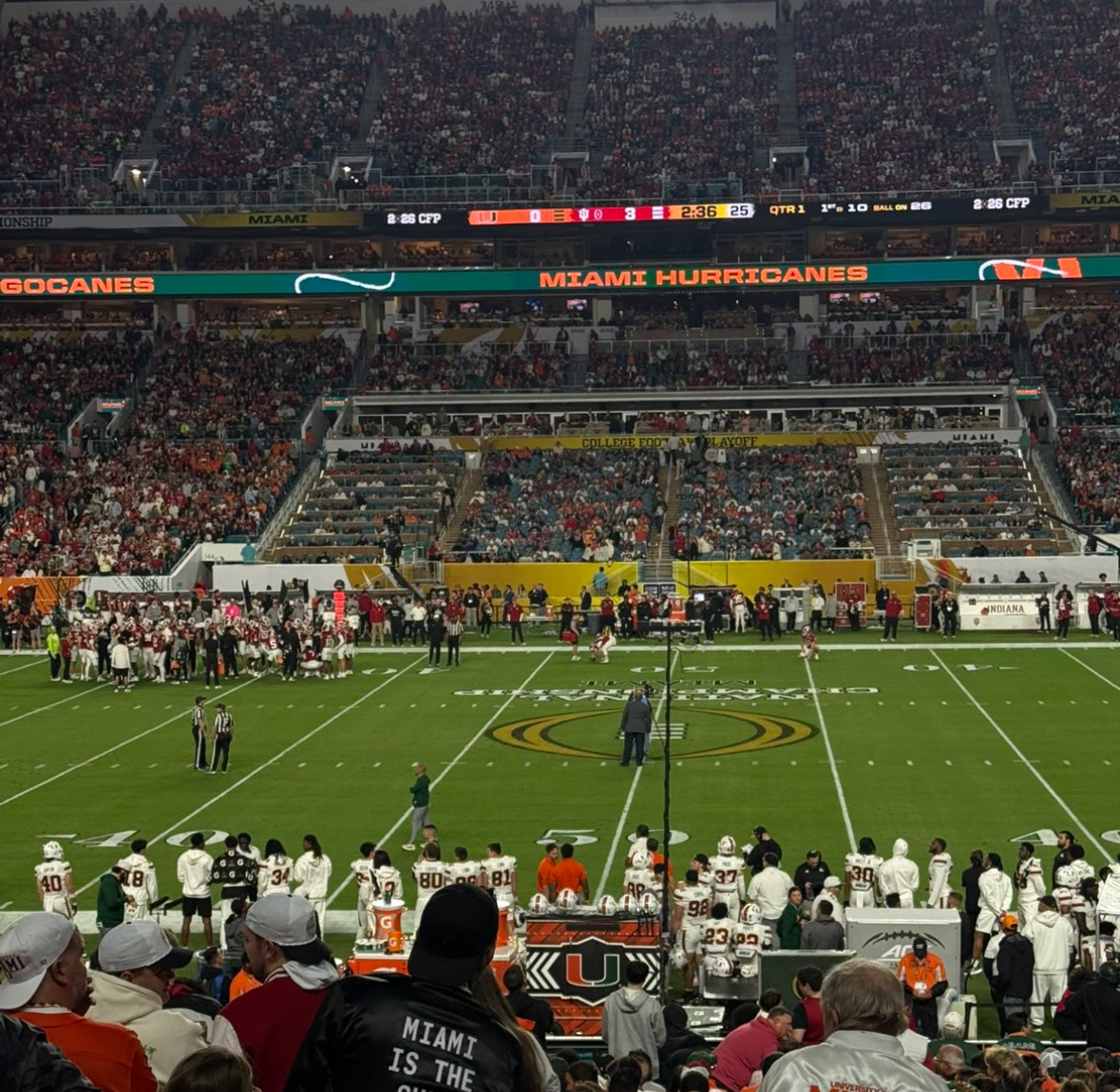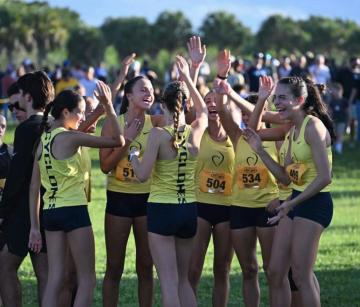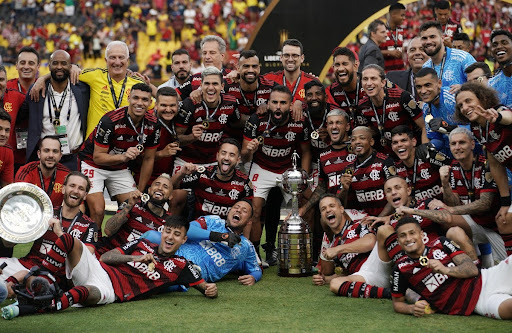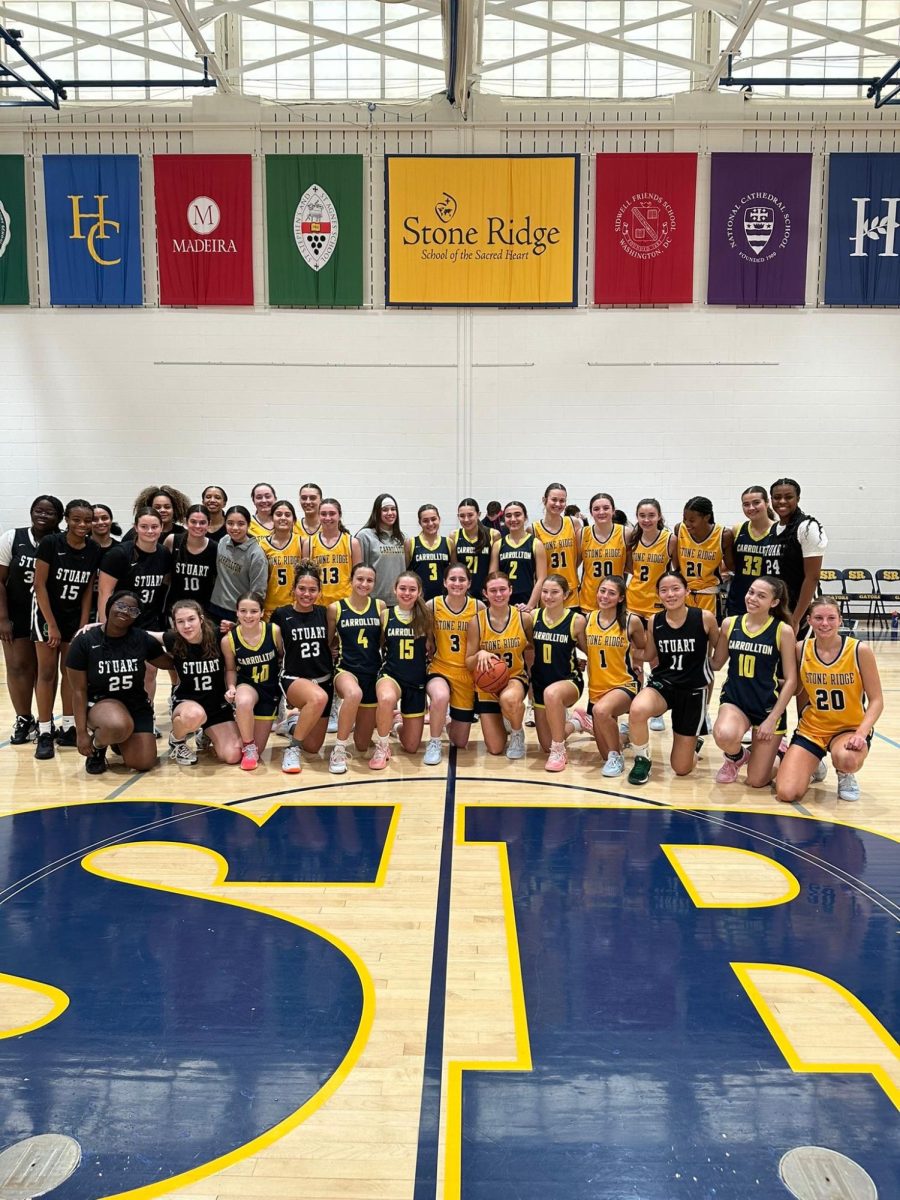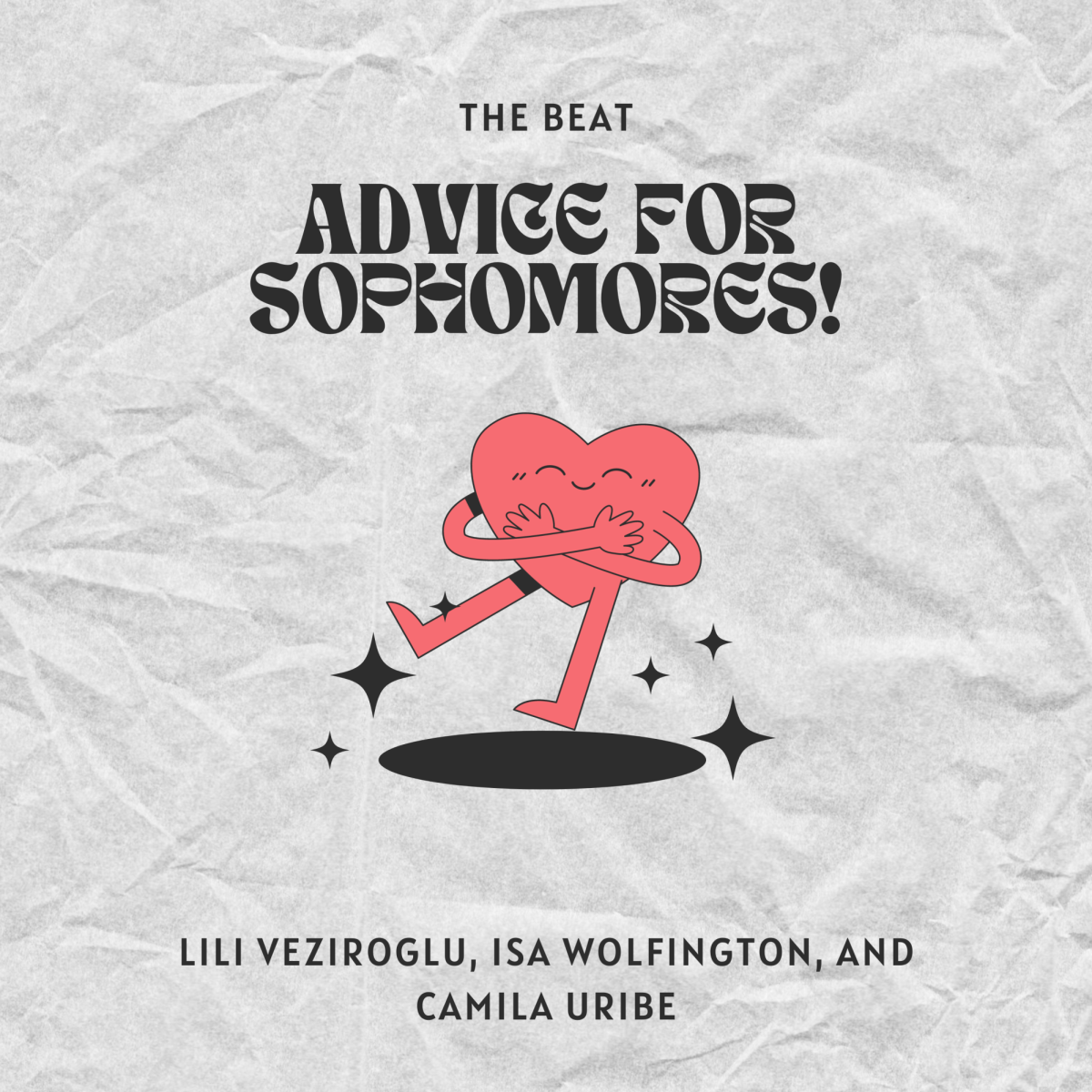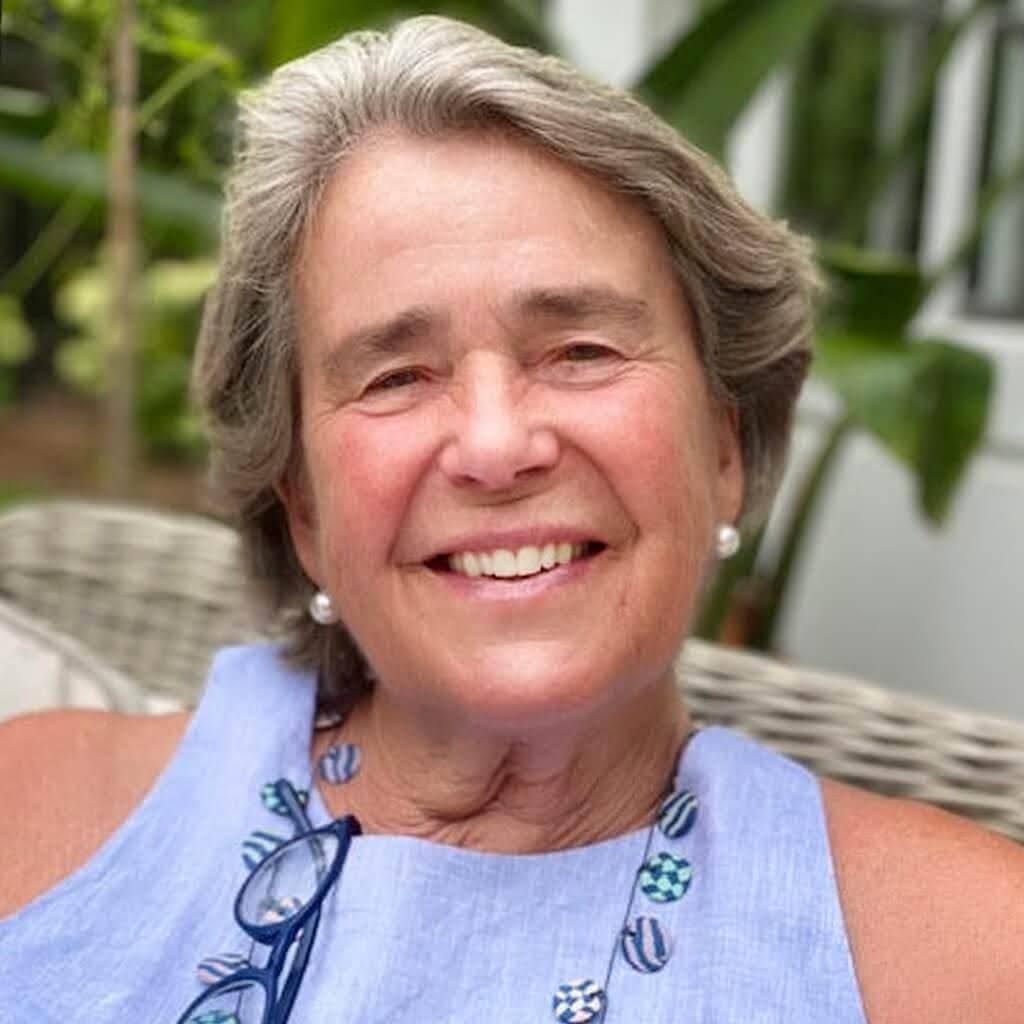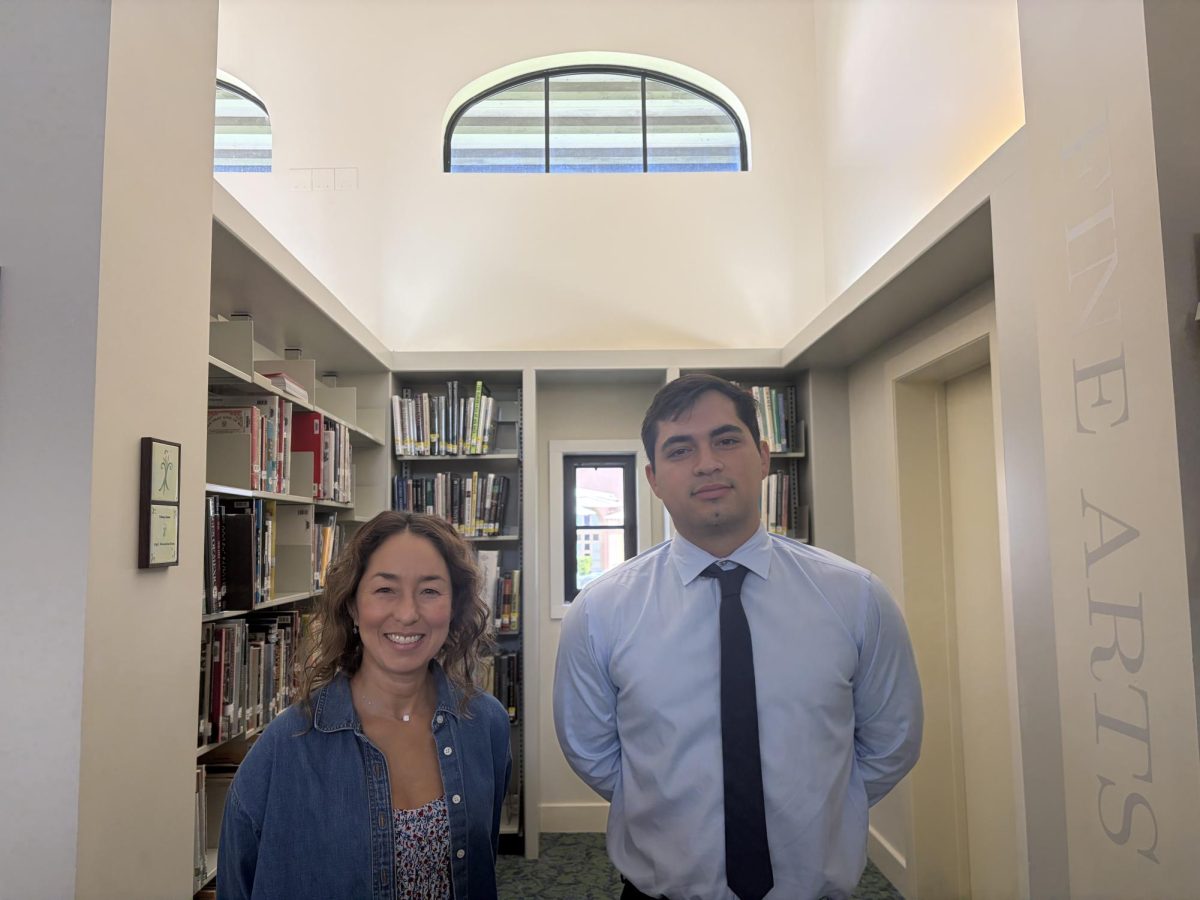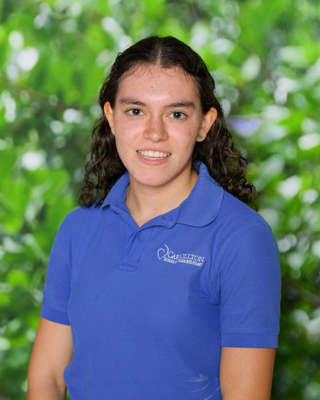Dinny McIntyre serves on the Tax Relief Committee for The Concord Bridge, a nonprofit news company in Concord, Connecticut. McIntyre was inspired to help establish the company in 2022 after the community witnessed Concord’s local newspaper being continuously bought out until it was so weak it stopped containing local news.
Today, the Concord Bridge is thriving as a non-profit newspaper company that is available to all Concord residents in paper and digital formats.
This interview has been edited and condensed for clarity.
When did you first become interested in journalism?
I’ve read the news since I was a little girl, and my parents were very much newspaper addicts. I also wrote for my school newspaper when I was in high school.
What inspired you to help start The Concord Bridge Company?
A little town called Carlisle, Massachusetts, which used to be part of Concord before it got all carved up. They have had their own local weekly newspaper for the last 51 years, and the model that they employed is one that really inspired me. It is supported half by advertising revenue and half by donation. Like us, they deliver free-of-charge to everybody in town, and they keep the town pretty well connected. They report on things that make a town work or not work.
So the Carlisle Mosquito, that’s the name of their paper, was the inspiration for us. We’ve changed some things though. For example, they are largely run by volunteers, whereas we are trying to pay our journalists and employees, and we are also hoping to offer benefits this year.
How do you get the funds to run the Concord Bridge Company and also pay your employees? Is it mainly donation based or do you have other methods?
We have a lot of advertisers because the average paper is 20 pages long, and a maximum of 40% of the paper is advertising. The rest of the money comes from donations from local residents. We have some very generous residents who have given us a fair amount of money, and we have people that are just happy to get the paper. The amount of donations ranges from $100 to $200,000, and the lion’s share comes from about 70 people although we have about 1,000 donors. We are a very attractive advertising venue because we deliver free of charge to everybody in Concord. Concord is a wealthy community, so it’s a market that a lot of advertisers want to reach.
How would you say The Concord Bridge has grown and changed financially over time?
Before it started, we raised enough money to pay for three years of operations. We thought that we could get it off the ground with a budget of $350,000 dollars a year, so we raised a little over a million dollars before we launched. Now we have a budget that is closer to $800,000. We’ve still got a good nest egg, but the financial foundation isn’t as robust as it was in the beginning. We’ve got, I’d say, a year and a half or two years of operations in the bank.
How has The Concord Bridge impacted your community?
The town is very happy to have the paper. They went from having no paper to having something that arrives in their mailbox once a week. It gets delivered on Fridays. There are families with little kids and they are first to the mailbox to grab the paper and take it up to their bedroom and read the police log to find out what odd things the police have been up to–who’s gotten in trouble, do they know any of the names? To outsiders, it may seem like very boring material, but people who are paying the taxes here are very interested to see how the town is managed.
What would you say is the primary audience of The Bridge?
Everybody. The fact that we’re in print means we’re reaching children who don’t have phones that they can read the news on; we’re reaching old people who are not comfortable getting all the news on their computers; and we’re reaching the rest of the people, either voluntarily or involuntarily. It arrives in their mailboxes, and we hope that there’s a story on the front page that catches their interest. I’m always very interested in the letters to see who’s curious or angry or upset about what. I’ve got friends who say that depending on what time of day the mail arrives, they either pour themselves a cup of coffee or a glass of wine and read it cover to cover. I get the sense that it’s being read.
How does the Concord Bridge establish credibility with its readers as a local news company?
The Knight Foundation is very much interested in supporting journalism throughout the country. Their research shows that while people don’t trust mainstream media, they tend to trust their local paper. They know the people who are writing; they know the people who are on the various committees that are being reported on and, if they read it in their local paper, they tend to believe it. I think trust has been a pretty strong element of our relationship with the town.
Has The Concord Bridge inspired other local news organizations?
We’ve helped a number of them, including The Belmont Voice in a neighboring town and The Brookline Town, a newspaper outside of Boston. There’s something called the INN, the Independent News Network. It’s an association of non-profit newspapers. There’s sort of an ethic that you help each other. When other papers are trying to get off the ground, you help them.
Where do you see yourself in the next 5-10 years?
I think I will probably be retired from this role. But by that time I’m hoping we have new board members who are connected with younger people in Concord, who can tap into different pockets than I’ve been able to. We are just really getting off the ground. But I’m pleased that we have built the financial base to do this.
From what you’ve seen so far, do you think that this financial base is going to remain sustainable in the future, or do you worry?
What worries me is some people think we should charge. But we say that’s not our model–our model is to deliver free of charge to everybody in Concord to make sure the town is connected by the same information. It doesn’t have anything to do with your ability to pay. It’s very important to get into everybody’s mailbox. I think that what has really worked for us is that we wanted this paper very badly, and the town apparently wanted it very badly. If you don’t have a local paper, you don’t know what you’re missing. But when you get one, the prospect of losing it becomes frightening, so people pitch in.



